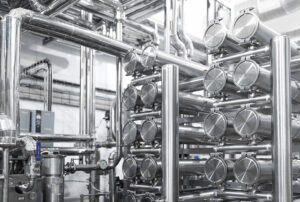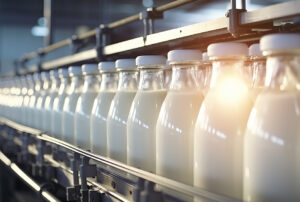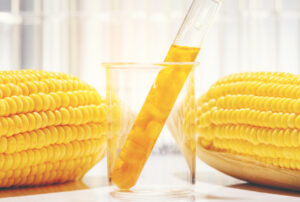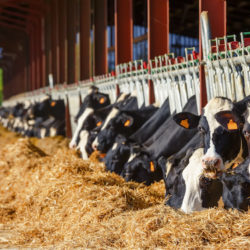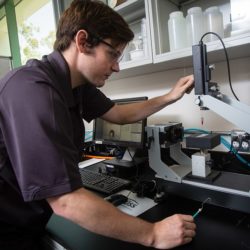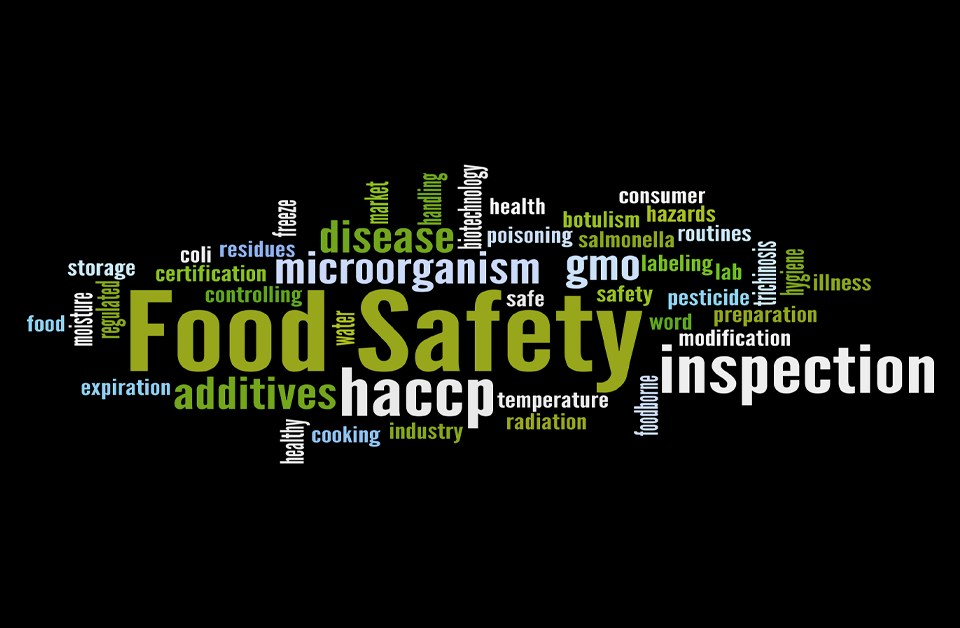
Global Regulations of Food Contact Materials, Their Harmonization and Other Trends
Dairy products impact countless lives every day. As a trusted food source, maintaining dairy safety and integrity is critically important. Companies rely on processing technology and materials that meet stringent regulatory standards to protect consumers. Membrane separation is an essential part of dairy processing, and processors require membrane separation technology that meets regulatory requirements and helps them achieve compliance in their operations.
The Significance of Food Contact Material Regulations
Globally, Food Contact Materials (FCMs) are regulated to ensure the safety and suitability of materials used in food processing. These regulations are designed to prevent the migration of potentially harmful substances into food and to avoid alterations in the flavor or smell of the foods. The regulatory instruments used to achieve this include:
- Positive lists – Lists of permitted substances; certain restrictions may apply.
- Negative lists – Certain harmful substances are not permitted in food contact applications at any concentration, such as those known to cause cancer.
- Overall Migration Limit (OML) – Imposes an upper limit on the total quantity of all substances permitted to migrate from the FCM into foods.
- Specific Migration Limits (SMLs) – These impose an upper limit on the migration of certain substances from the FCM into foods.
- Good Manufacturing Practices (GMP) – A framework and general guiding principles that companies that manufacture FCMs are expected to use. GMPs aim to minimize the risk of contamination of food by impurities of any kind, thereby safeguarding sanitary conditions and human health and ensuring regulatory compliance.
- Approval Processes – The process of legislative evaluation of new FCMs by the respective legislative bodies, resulting in the approval, conditional approval or rejection of an applicant’s petition.
Harmonization Efforts in Food Contact Material Regulations
FCM regulations have been developed over the past century in various jurisdictions globally. As international trade expands, differences in how these regulations are enforced can hamper global commerce. Consequently, national authorities and economic communities like the European Union (EU) and Mercosur have made efforts to harmonize FCM regulations across borders.
The European Food Safety Authority (EFSA), established in 2002, has been at the forefront of setting regulatory standards for FCMs. In the United States, the Food and Drug Administration (FDA), created in 1927, oversees FCM regulations. In Canada, Health Canada enforces its own set of regulations.
A global trend towards more harmonized regulation is expected to continue, given its importance for facilitating trade.
In the United States, the manufacturers are responsible for the compliance of their FCMs with relevant FDA regulations. This may involve determining whether a substance is Generally Recognized as Safe (GRAS), complies with Title 21 of the Code of Federal Regulations (21CFR), was the subject of a successful Food Contact Notification (FCN), or was approved by Prior Sanction in a pre-1958 letter from FDA or USDA.
For dairy processors employing membrane filtration systems in Europe, three EFSA regulations are essential to follow:
- REGULATION EC 2023/2006, dated the 22nd of December 2006, outlines the Good Manufacturing Practices that must be adhered to for materials and articles that are intended to contact food.
- REGULATION EC 1935/2004, also known as the Framework Regulation, provides guidelines for materials and articles intended to come into contact with food.
- REGULATION EU 10/2011 provides the regulations for plastic materials and articles that are intended to contact food.
EFSA is working towards harmonizing FCM regulations at the Community level. Currently, EFSA recognizes EU Member States’ FCM regulations, and EU Member States already reciprocate in the sense that they will recognize each other’s national FCM regulations. This is done deliberately because, without such reciprocity, the trade between Member States would be hampered.
For example, at a national level, the German Federal Institute for Risk Assessment (BfR) issues recommendations on FCMs based on European law and its transposition into national law. Although the institute’s recommendations are not legally binding, they represent sound science, the institute is generally well respected, and its recommendations tend to be broadly accepted.
Other countries have implemented FCM regulations, and these are summarized below.
| Country/Group | Administration | Law |
| South Korea | Ministry of Food and Drug Safety | Food Sanitation Act |
| China | Food and Drug Administration | Food Safety Law of 2009 |
| Japan | Food Contact Material Safety Center | Food Sanitation Act
Positive list in effect from June 2020. Transition period: June 2020 – June 2025. Materials not included in the positive list but already on the market before June 2020 may continue to be marketed until June 2025. |
| Mercosur | The Packaging Working Group of Mercosur a South American free trade union (est. 1991). Full members are Argentina, Brazil, Paraguay and Uruguay. There are associate members as well. | Mercosur’s regulations (“Resolutions”) of Food Contact Materials must be implemented by the four full member countries. |
Over the past two decades, regulators have increasingly focused on the potential health effects of food contact materials (FCMs), leading to a rise in the number of countries regulating FCMs. There has been a trend towards tightening regulatory controls on specific hazardous substances (such as Bisphenol A and Primary Aromatic Amines), as well as increased scrutiny on NIAS (Not Intentionally Added Substances) in FCMs. It has become widely recognized that exposure to low concentrations of certain chemicals over the long term – often many years or even a lifetime – can be harmful. As a result, regulators have responded. In the future, we should expect this trend to continue, with increasing efforts towards global harmonization of said regulations to avoid barriers to global trade.
Solecta’s commitment to Compliance and Sustainability
In this complex regulatory landscape, Solecta assists dairy processors by providing membrane separation technologies made from compliant, sustainable materials. Beyond meeting clients’ quality and purification targets, Solecta’s solutions promote environmental stewardship and process optimization. With Solecta’s expertise, dairy processors can navigate regulations and uphold their commitment to safety, quality and responsibility.
Related Resources in the Knowledge Hub
Let’s Keep in Touch
Follow Solecta on LinkedIn and join our mailing list to keep up with our latest news.
Explore the Possibilities
Our team of application engineers and domain experts understands your industry’s unique challenges. (They’re also eager to solve them.)

